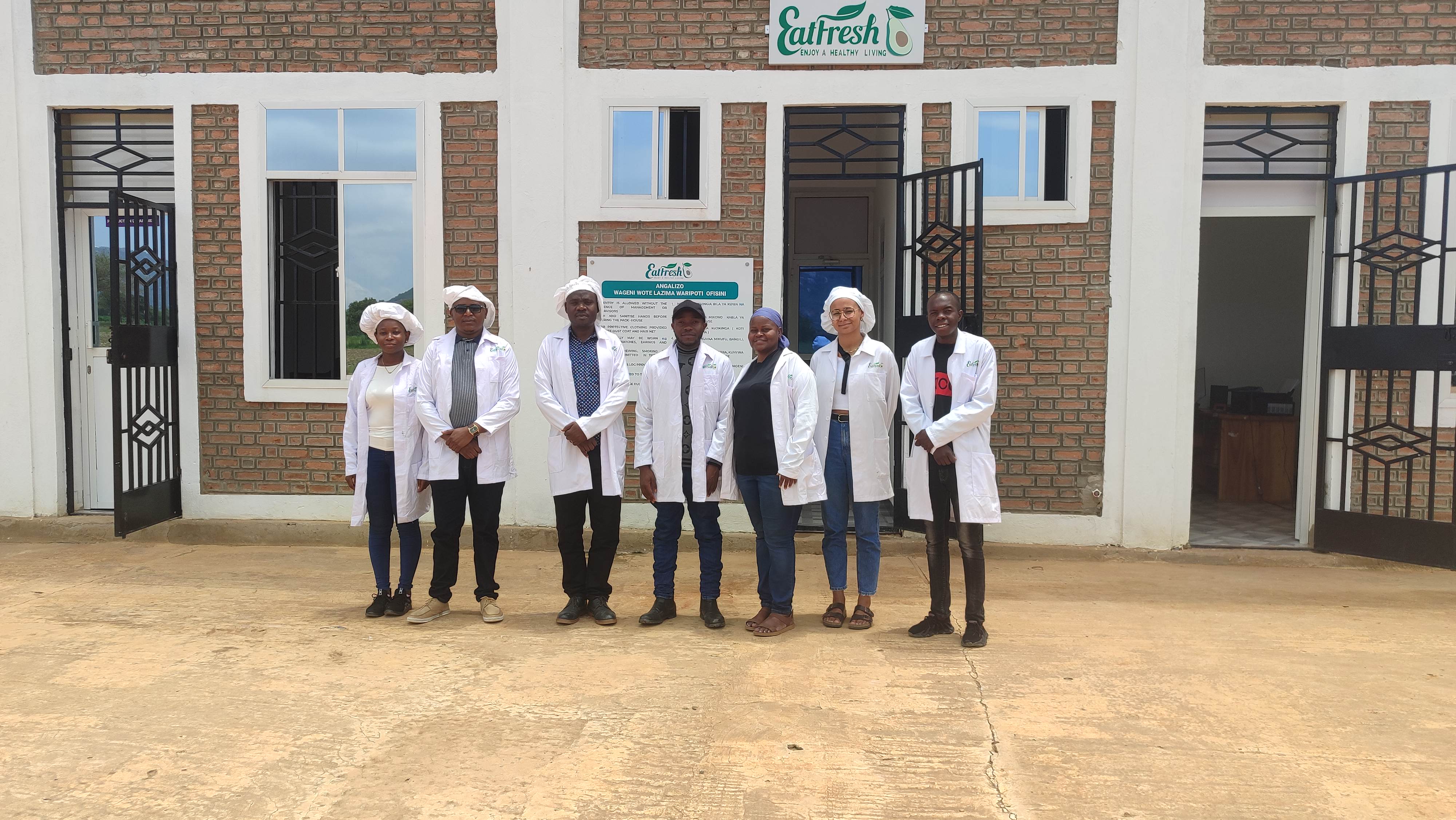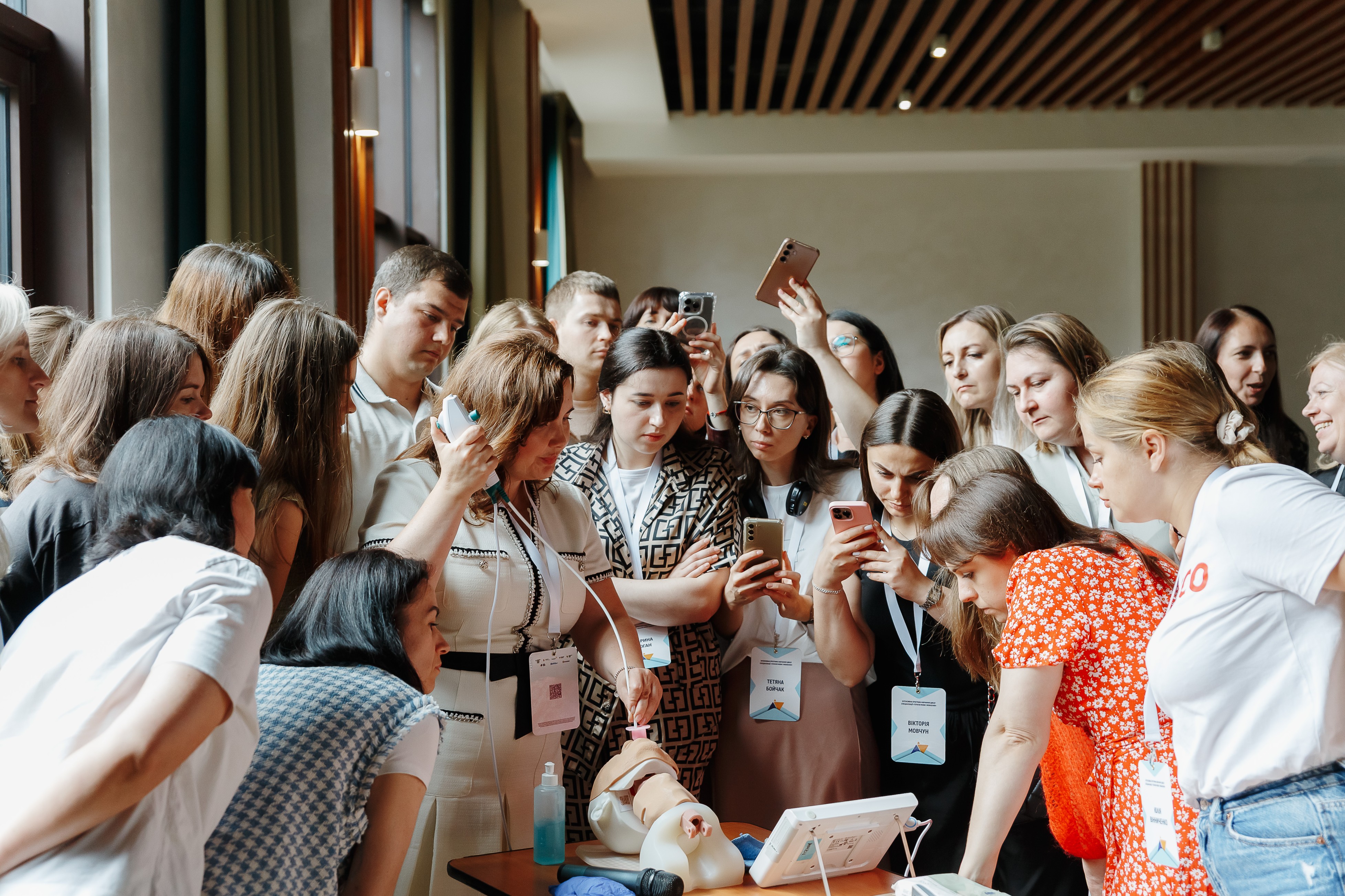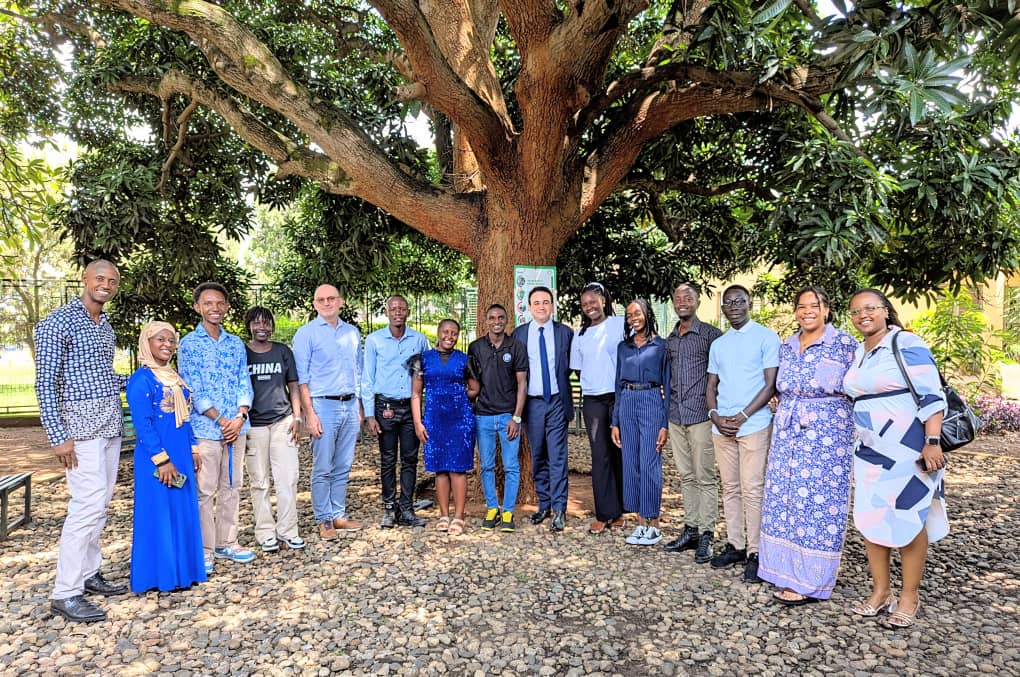News
03 February 2022
Digitalisation of the education in Africa: 5 original solutions
Brussels, Belgium | The Wehubit programme of Enabel backs five new EdTech projects to support the scale-up of educational technology and thus improve the quality and continuity of teaching and learning.
This sixths call for proposals finances 5 projects: in Rwanda, Tanzania, Niger and in Uganda. The total funding amounts to EUR 1,602.000 and is financed by the DIRECCT-programme of the European Union.
Quality and continuity of education
In March 2020, the UN announced that the Covid-19 outbreak and school closures affected the education of an estimated 1.37 billion students. Two years later, in January 2022, over 31 million children and adolescents are still affected. Education, one of the Sustainable Development Goals, is therefore more than ever a key issue.
Some of the teaching could be done online. But this is not the case for everyone. The most vulnerable groups benefit little, hampered by limited access to technology (connectivity, devices, etc.) and gaps in digital literacy and skills. This is where EdTech projects can provide solutions by supporting teachers and learners. The Wehubit programme supports projects that use hybrid approaches – combining online and face-to-face solutions – for learning, with particular attention to including students from disadvantaged backgrounds and other vulnerable groups.
Selected projects
In Niger, access to higher education is limited because of the health and security situation. The Agence Universitaire de la Francophonie (AUF), collaborating with Niger’s Ministry of Higher Education and Research, aims to strengthen the higher education system’s resilience. The project will deploy a digital distance learning platform for all departments of the Abdou Moumouni University, the country’s largest university. In addition to the technological aspect, the project will also look at the learning and regulatory aspects of blended learning. This will facilitate the expansion of this digital approach to other academic institutions in Niger. The teaching method is contemporary: action-based learning. The features of this platform will move in this direction, alternating for example sequential and group activities.
In Uganda, only three children out of ten who start in their first year of primary school actually complete primary school. And there are reasons for that, such as the difficulty of implementing education policies and the lack of resources and interest given to the voices defending the sector. Edukans aims to use the online EDU Q-card tool allowing schools to (self-)assess their performance via 40 quality indicators. Teachers, administrators, parents and communities are all involved. Action plans are generated taking into account the functions as well as the individual priorities of each to improve the quality of education. The Ministry of Education and Sports also benefits from access to the platform to ensure the alignment of these action plans with national and local education policies.
Many young Tanzanians hope that vocational training will provide them with an income and improve their living conditions. But this is without taking account of the difficulties associated with distance and high costs, which are even greater obstacles for the more disadvantaged rural populations. This issue can be resolved with the free online vocational training application VSOMO, which was developed by the Vocational Education and Training Authority and the telephone operator Airtel. By gamification of vocational courses Helvetas aims to make the application more attractive and performing so as to reach more users. In the Dodoma and Singida regions such digital upgrades will come with media campaigns to encourage young people to use the application for theoretical learning before joining a VETA training centre for the practical part.
The University of Rwanda set up a multimedia studio on its Rukara campus. There, academic staff are trained in designing digital knowledge deliverables for students. The University of Rwanda aims to set up this type of multimedia studios in six more of its campuses. These studios allow making online learning resources more interactive and to better engage students, particularly the most vulnerable. The University aims to train 90 teachers and 600 students in EdTech methods. As a result, teachers will have the appropriate capacities to create quality digital content.
Uganda is among the countries where schools have been closed for the longest time as a result of the Covid-19 pandemic. Distance learning has become standard. As teachers have little time and limited financial resources, providing access to this new way of teaching to teachers is not easy. Therefore, Save the Children uses an innovative and intuitive interactive voice server that provides access to pre-recorded lessons, complemented by SMS text messages. The project will develop a series of complementary professional development modules for teachers and questionnaires to be hosted on the existing server. The Kasese, Bundibugyo and Ntoroko districts are targeted in a first phase. In a second step service access would be extended by setting up free facilities at the national scale.
“These five new projects allow us to contribute to the EU’s response to the Covid-related education crisis. Through their digital innovations, stakeholders have turned the risk of reduced access and quality of education into an opportunity to reconsider habits and ways of doing things. For Wehubit, these projects complete a portfolio that already covers topics as varied as women’s and youth empowerment, climate-smart agriculture, e-Health, inclusive and sustainable urbanisation and digital skills,” explains Arnaud Leclercq, Wehubit Programme manager.
About Wehubit:
The Wehubit Programme was launched in 2018. It looks for and supports actors that aim to deploy and scale-up existing digital solutions. The programme primarily supports tested solutions that contribute to the Sustainable Development Goals. The grants are awarded to public organisations or civil society organisations that support digital social innovation projects. Currently, the Wehubit programme supports 27 very varied projects (including the 5 new ones) in twelve of the partner countries of Enabel. Calls for proposals are regularly launched on the Wehubit website (wehubit.be).
Since 2021, the programme has a new component: the Knowledge Exchange Network and the e-Library. They were created with a view to facilitating the exchange of good practices, lessons learned and knowledge deliverables.
More information on Wehubit ?
Lucie Bricout, communication officer for Wehubit
lucie.bricout@enabel.be +32 477 89 42 53
About DIRECCT
The European programme DIgital REsponse Connecting CiTizens (DIRECCT) was created to address Covid-19. The Organisation of African, Caribbean and Pacific States (OEACP) and the European Union are developing the programme. It is implemented by the Agence Française de Développement (AFD) and Enabel, the Belgian development agency. DIRECCT is the umbrella for 10 projects working on connectivity and digitisation in the health, education and small business sectors. The Wehubit programme is one of the project leaders. With European funds Wehubit intends to support the five winners of its latest call for proposals.





